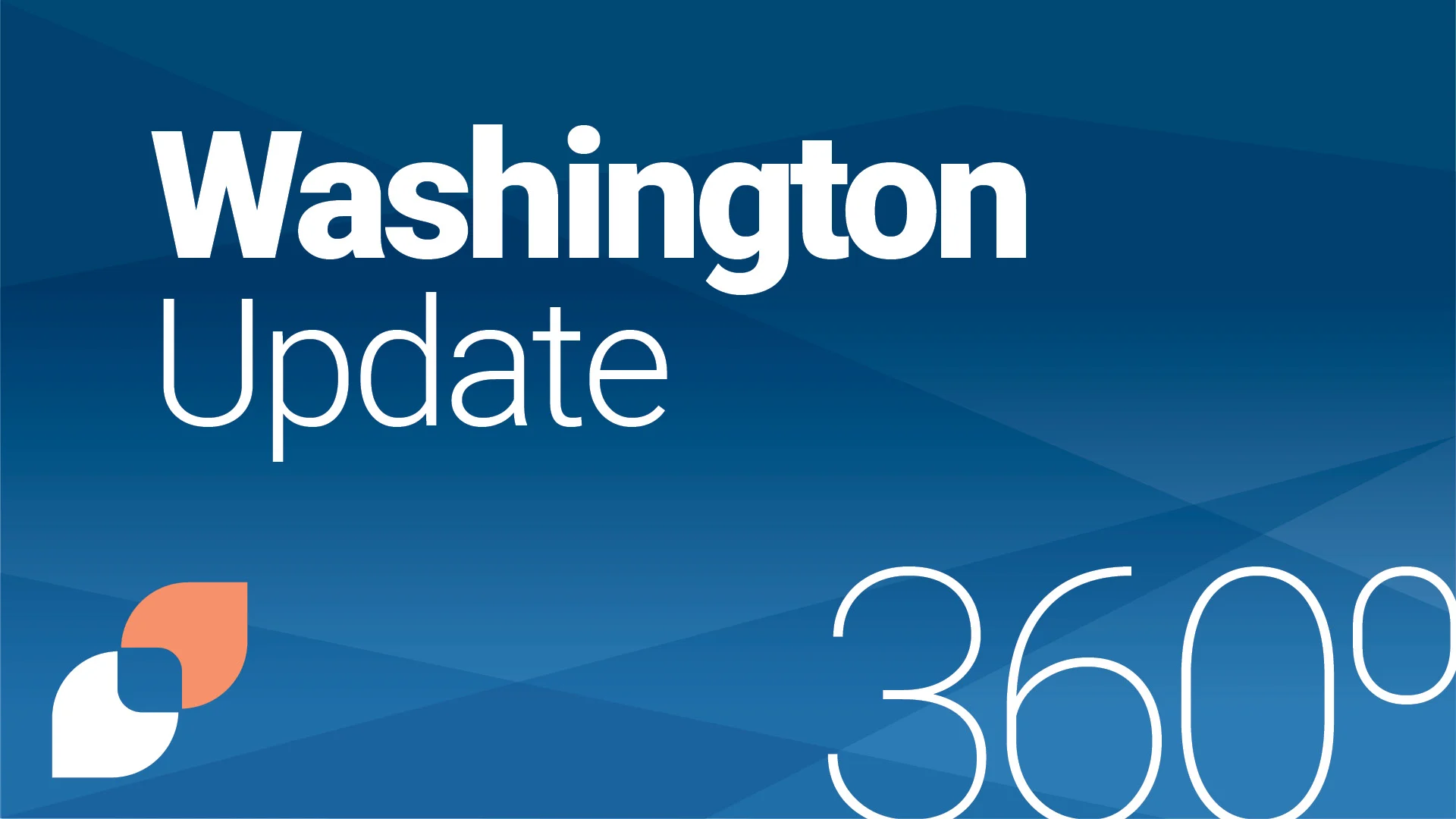With Congress in recess through the end of August, health policy debates are playing out on the campaign trail. The Congressional Budget Office (CBO) recently estimated that more than 10 million people could lose coverage under the One Big Beautiful Bill Act (OBBBA). House Energy and Commerce Chairman Brett Guthrie (R-KY) pushed back, arguing that many of those counted are either voluntarily leaving coverage or ineligible for Medicaid to begin with. Meanwhile, Senate Democrats are using town halls to spotlight potential coverage losses, while Republicans are staging their own events to defend the bill’s provisions, including its controversial Medicaid changes. The divergent narratives reflect the political weight health coverage will carry heading into election season.
At the same time, the courts are weighing in on how federal agencies handle Medicaid data. A California judge issued an injunction blocking the Department of Homeland Security from accessing Medicaid records for immigration enforcement purposes. The ruling halts data sharing between HHS and DHS while a multistate lawsuit proceeds, marking a significant check on the use of personal health information beyond program administration. The case highlights how questions of privacy and data governance are increasingly intertwined with healthcare and immigration policy—an area that will remain under close scrutiny in the months ahead.
